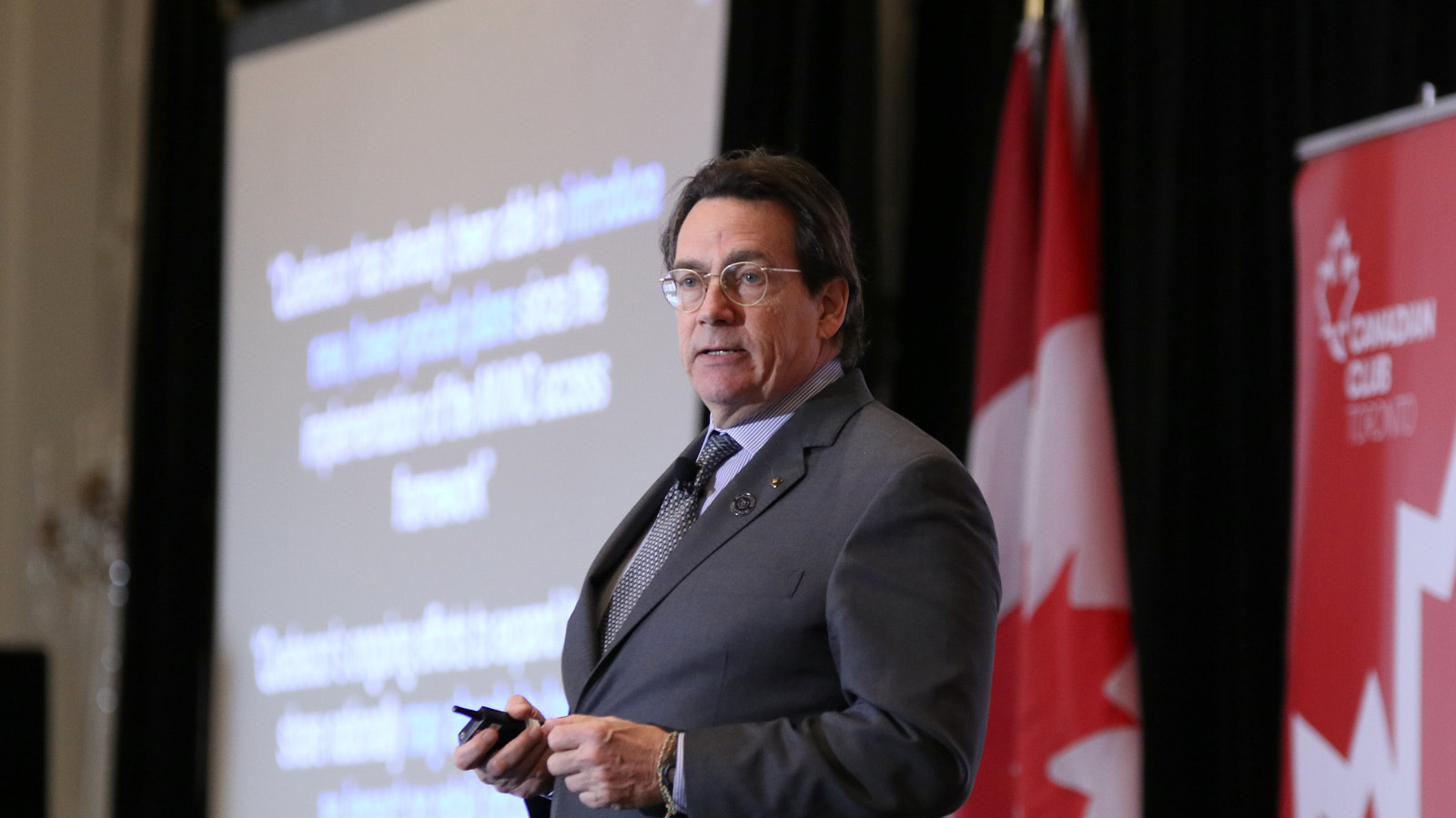
2023 was a big year for Canada’s telecom sector. The industry’s regulator got a new leader who made big promises for change. It also marked the year two major cable television service providers became one.
Here’s a recap of the biggest telecom stories of the year, in no particular order:
Rogers-Shaw deal
Rogers’ takeover of Shaw stood out for a couple of reasons. First, it was the largest telecom deal in Canadian history, at $26 billion. Second, it raised concerns about what it would mean for competition, a factor that contributed to the merger taking more than two years to complete.
To address the issue and gain government approval, Rogers agreed to sell the service provider to Québecor-owned Vidéotron, which promised to be a fourth “major provider” for wireless services. Innovation Minister François-Philippe Champagne approved the mergers on March 31st, 2023.
Freedom Mobile
The Freedom Mobile acquisition was an important story of its own; promising to become a major player alongside the big three (Bell, Rogers, and Telus) is not something to take lightly. Since Freedom’s transition, the service provider started offering 5G services. Its parent company, Québecor, further promised to expand its services as a Mobile Virtual Network Operator (MVNO). While the changes are positive (and keep up with the promises Québecor made to gain Ottawa’s approval), time will tell if Freedom becomes the fourth player it vowed to be.

Freedom Mobile launched 5G services in July.
Fizz goes west
Québecor’s previously stated MVNO promise was the same one that brought mobile services from Vidéotron’s flanker brand, Fizz, to Western Canada. Currently in beta testing, residents of Calgary, Edmonton, Vancouver, Victoria and Abbotsford can access a $4/40GB plan for six months. Mobile services were previously only available in Ontario’s Ottawa region and Québec.
 Québecor CEO Pierre Karl Péladeau at the Canadian Club Toronto on Nov. 15, 2023. Image credit: Canadian Club Toronto
Québecor CEO Pierre Karl Péladeau at the Canadian Club Toronto on Nov. 15, 2023. Image credit: Canadian Club Toronto
The CRTC’s internet review
2023 marked a leadership change for the Canadian Radio-television and Telecommunications Commission (CRTC). Vicky Eatrides was appointed the new chairperson and CEO, taking over the role from Ian Scott.
In January, Eatrides pointed to internet pricing as a major priority for the CRTC; changes followed soon after. In March, the commission launched a review of the internet service market in an effort to increase competition. In November, as part of the review, the CRTC gave Bell and Telus six months to grant competitors in Ontario and Québec wholesale access to their fibre-to-the-premises (FTTP) networks.
MobileSyrup may earn a commission from purchases made via our links, which helps fund the journalism we provide free on our website. These links do not influence our editorial content. Support us here.


